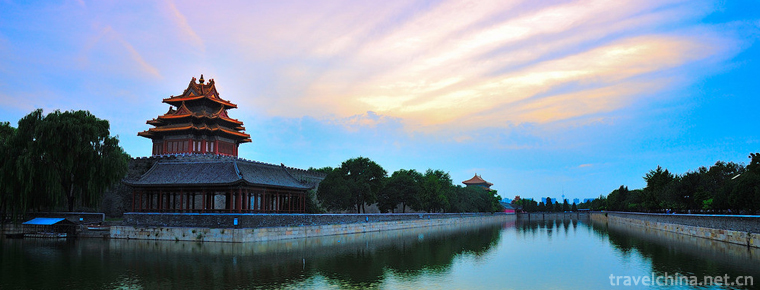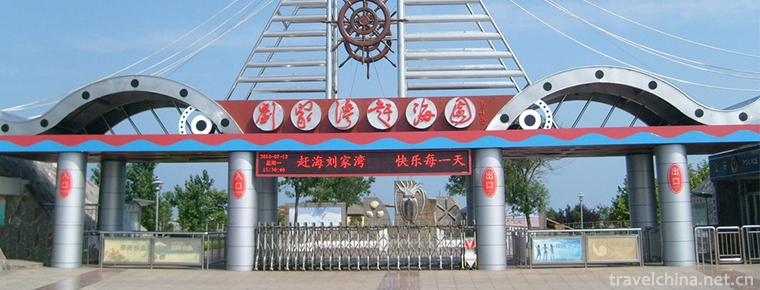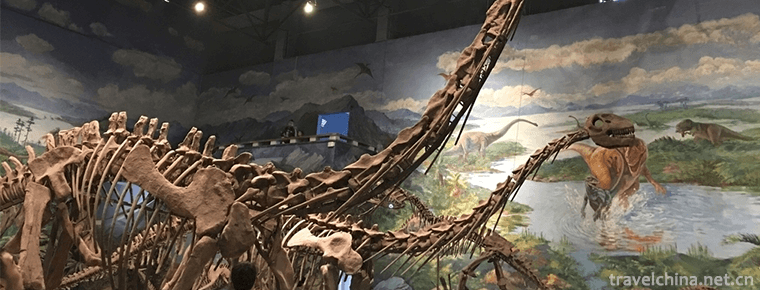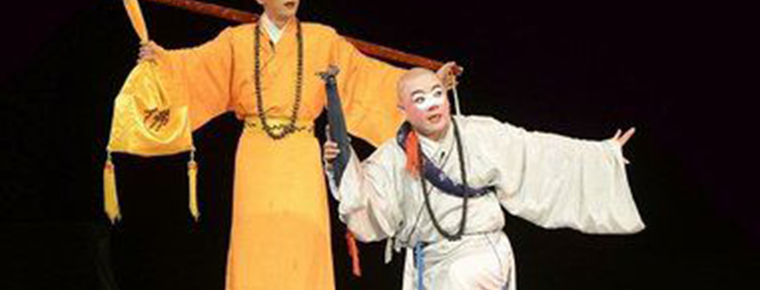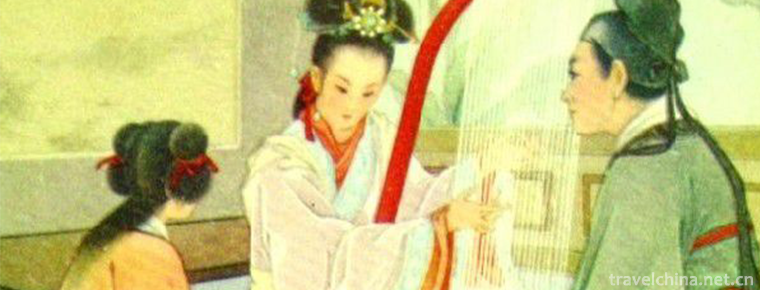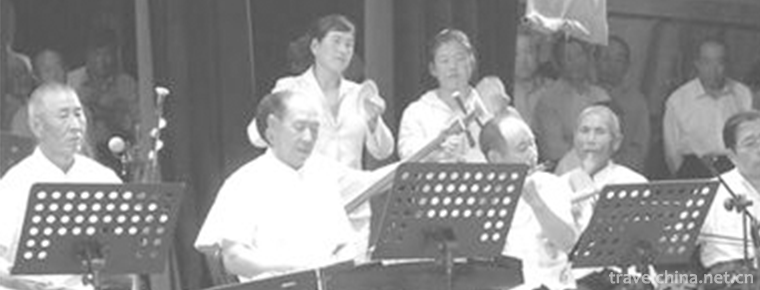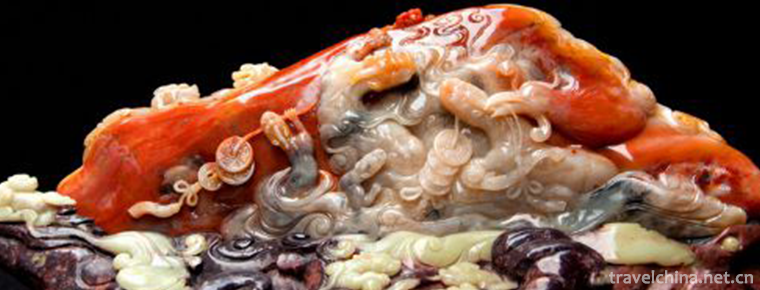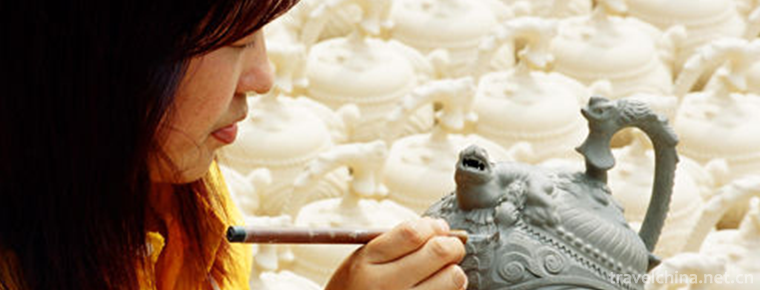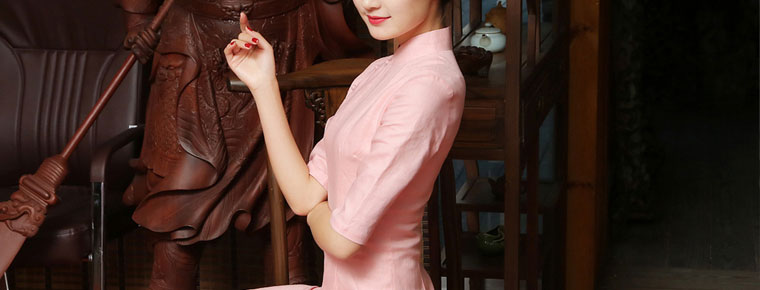Miao Jia Li
Miao Jia Li
Jiali, Miao is called "jaxlil". In the context of Miao language, "Jiali" is a synthesis of the semantics of "philosophy", "truth", "reason" and "jurisprudence" in Chinese. The concepts of Jia Jing, Jia Zheng, Jia Li, Jia Shi and Jia Yi not only illustrate the richness and variety of Jia Li's cultural content, but also reflect the extensive and profound cultural heritage of Miao nationality. It integrates ancient Miao literature, history, philosophy, law, linguistics, folklore, natural science, witchcraft and so on. It is the "encyclopedia", "Bible" and "code" of ancient Miao society. Jiali has the cultural characteristics of the integration of philosophy, religion, legal spirit and human ethics. Jiali is the most sacred spiritual and cultural code of Miao.
In June 2008, the Miao Jiali declared in Qiandongnan Miao and Dong Autonomous Prefecture of Guizhou Province was listed in the second batch of national intangible cultural heritage list with the approval of the State Council.
historical origin
Miao villagers in Taichen Village, Xingren Town, Danzhai County, Guizhou Province, gathered together to learn the traditional Miao culture "Jiali" in winter.
Jiali is called "encyclopedia" of ancient Miao society. It is a traditional culture imparted by the Miao people. It is the most important and representative intangible cultural heritage left by the Miao people's ancestors to future generations. It is a comprehensive integration of Miao literature, history, philosophy, law, folklore, natural science, witchcraft and linguistics. It gathers almost all the artistic techniques of Miao folk literature and is a wonderful flower in Miao folk literature and art. In 2007, the Miao oral classic "Jiali" was included in the second batch of national intangible cultural heritage list.
primary coverage
Jia Li
Jia Li, widely used in the Miao dialect area of Eastern Guizhou, is an ancient rule formed by the Miao people in the history to safeguard the stability and development of the Miao society by discussing (planting rocks) legislation, regulating the old people's judicature and enforcing the law by drum clubs.
Jiali, Miao is called "jaxlil". In the context of Miao language, "Jiali" is a synthesis of the semantics of "philosophy", "truth", "reason" and "jurisprudence" in Chinese. It can be said that Jia Li has the cultural characteristics of the unity of philosophy, religion, legal spirit and ethics. Jia Li is the most sacred spiritual and cultural code of Miao nationality.
Jiali Culture is a civilized complex of Jiali Code, Jiali Ritual and the whole social ecology of Jiali. When referring to Jiali culture, it often refers to the whole space of Jiali culture. The concepts of Jia Jing, Jia Zheng, Jia Li, Jia Shi and Jia Yi not only illustrate the richness and variety of Jia Li's cultural content, but also reflect the extensive and profound cultural heritage of Miao nationality. The Miao Jiali culture is mainly inherited in southeastern Guizhou, southern Guizhou and Northern Guangxi.
Jia Jing
Jia Jing - Jia Li's Sutra, which is acknowledged by Miao people in the cultural space of Jia Li, is handed down from generation to generation. Jia Jing includes all the classical texts of Jia, a traditional oral style, which were translated into Chinese in the past as Jia, Li Ci, Li Ci, and Gu Li Gu Ci. It also includes Li Ge, Yan Gu Jing, and the sacrificial classics used by divine judgement, which are similar to Jia's style, content and structure, although they are not called Jia. ". Artistically, Jia Jing generally pays attention to harmony in rhyme, neatness and antithesis, and does not talk about general reason, but consists of one or several Jia allusions. Jia Jing is an ancient classic mastered by elder Jia Li, a traditional cultural elite of Miao society, rather than an encyclopedia popular among ordinary Miao people.
Jia case
Jia Zheng - Jia Li's classic cases and examples. The Miao Jia case was called "Miao case" after it was approved by the Central Dynasty legal system in the Qing Dynasty. The Law of the Great Qing Dynasty stipulates that "all the disputes between Miao people and Miao people in Miaojiang area should be settled according to Miao cases, and no official law should be brought to justice". Jia Jing said, "Continuation is thousands of ancient principles, inheritance is thousands of ancient rules." It can be seen that Jia Li's allusions are passed down from generation to generation. In the past, when Jia Shi narrated a classical case of Jia Li, he often did this opening remark: "Jia Li has risen in ancient times, and Jia Li formed early in ancient times. Let's listen to a story and recite a story. The structure of a single and complete case consists of four parts: speech, allusion, warning and conclusion. This is also the most basic stylistic feature of Jiali's classics.
Inheritance significance
In the traditional Miao society, the Rong Society organizes legislation on the basis of Jiali , justice on the basis of Jiali, public affairs and law enforcement on the basis of Zhailao or Guzangtou, and sacrifices and prayers on the basis of Jiali by wizards. In the field of social management, the constitution of the Miao people in the form of Jiali has the Supreme authority.
The contents of Jiali vary from place to place, but they all start with the creation of heaven and earth, the transportation of gold and silver, the casting of the sun and moon, the shooting of the sun and the moon, the invitation of the sun and the moon, the laying of eggs, ghosts and human ancestors, and then with the method of fighting between the human ancestors and Leigong, resulting in floods inundating the land. After the flood subsided, brothers and sisters had no choice but to get married, and human beings were able to breed, followed by population pressure or ethnic disputes, and the great migration of Miao ancestors... Each branch has been relocated from place to place. These historical legends about the origin and destiny of the Miao nationality are not only the basis for ethnic identity, but also the basis for the generation and inheritance of Jiali.
"Jiali of Miao Nationality" remembers the history and culture of Miao Nationality and belongs to folk literature. Its connotation goes far beyond the category of folk literature. It is a classic masterpiece of oral ancient books. It is a comprehensive integration of ancient Miao literature, history, philosophy, law, linguistics, folklore, witchcraft and natural science. It is called "encyclopedia", "Bible" and "code" of ancient Miao society. It reflects the world outlook, ethics and values of the ancient Miao people.
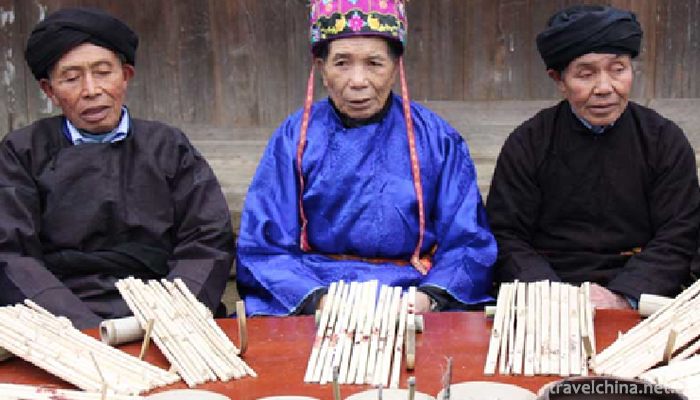
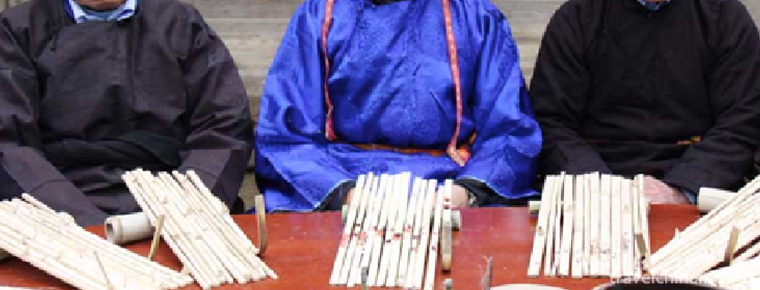
Miao Jia Li
-
Liu Jiawan Chaihai Garden
Located on the eastern coast of Taolu Town, Donggang District, Rizhao City, Liujiawan Chaihai Garden is a national AAAA-level tourist attraction, a popular science education base, and a core scenic sp
Views: 137 Time 2018-12-26 -
Laosicheng Site
Laosicheng Site is located in Laosicheng Village, Lingxi Town, more than 20 kilometers east of Yongshun County, Tujia and Miao Autonomous Prefecture, western Hunan Province
Views: 149 Time 2019-01-29 -
Zigong Dinosaur Museum
Zigong Dinosaur Museum is located in the northeast of Zigong City, Sichuan Province, 11 kilometers from the city center. It is a large site museum built on the world famous "Dashanpu Dinosaur Fos
Views: 250 Time 2019-03-22 -
Hit City drama
Dacheng Opera, a local traditional drama in Quanzhou City, Fujian Province, is one of the national intangible cultural heritage.
Views: 219 Time 2019-04-22 -
Legend of Peacock Flying Southeast
Peacock Flying Southeast is the earliest long narrative poem in the history of ancient Chinese literature, and also the best folk narrative poem in ancient China. Ancient Chinese folklore stories
Views: 316 Time 2019-05-10 -
Qinghai Yuexian
Qinghai Yuexian is also called Yuexian, Yueyue Diao, Back Diao, Yueyue Diao, Meihu, etc. Qinghai Vietnamese String is one of the traditional folk songs in Qinghai Province. It can be called the "
Views: 331 Time 2019-06-11 -
Qingtian Stone Carving
Qingtian stone carving originated in the period of "Kanze Culture" 5000 years ago. During the Tang and Song Dynasties, there were breakthroughs in creative themes and techniques. During the
Views: 166 Time 2019-06-11 -
Firing Techniques of Yaozhou Kiln Ceramics
Yaozhou kiln is a treasure of Chinese traditional ceramic technology. It was created in the Tang Dynasty and matured in the Five Dynasties. It reached its peak in the Song Dynasty and declined gradual
Views: 189 Time 2019-07-11 -
China lantern Museum
Located at No.6, Gongyuan Road, Zigong City, Sichuan Province, China lantern museum is a special institution for "collection, protection, research and display" of Chinese lanterns approved by the State Administration of cultural relics (92). It is the only professional museum about lantern culture in China and even in the world.
Views: 366 Time 2020-10-15 -
Appreciation of short sleeve cheongsam
In the late summer and early autumn, the weather is chilly in the morning and evening. As long as you put on some thin shawls, you can wrap some cloth shawls and tighten them on your chest.
Views: 320 Time 2020-12-11 -
Honorary title of Mianyang
National system to promote comprehensive innovation reform pilot area
Views: 341 Time 2020-12-14
